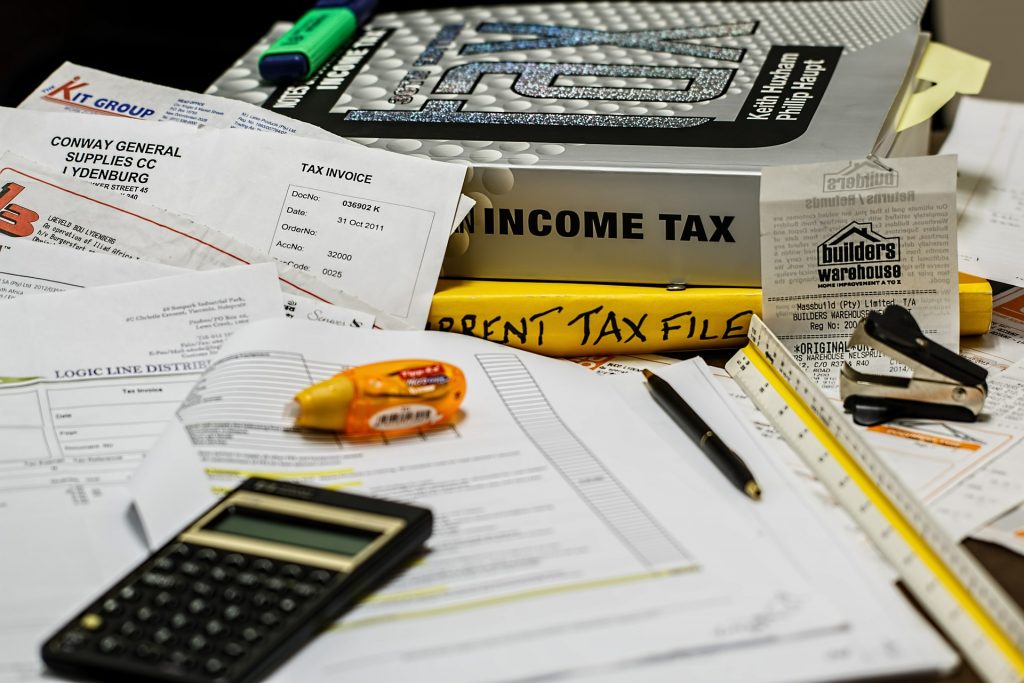If the term IRS gives you cold feet, remember you’re not alone. Every citizen has to deal with the federal government’s tax arm at least once a year. But if you’re behind on your tax payments, you have reason to worry. The IRS is not very forgiving, and failing to pay your tax dues can only invite more trouble. So if you owe money to the IRS and can’t afford to pay, consider using your credit card or sourcing funds through a personal loan.
Why You Shouldn’t Ignore Your Tax Bill
When you fail to file a return or pay taxes on time, you invite a steep penalty and an interest from the IRS. For every month that you delay paying, an extra 5% is added to the unpaid balance. This can go up to a maximum of 25%. This interest and penalty can add up quickly and become a very expensive loan. Moreover, the long-term consequences are even worse. The IRS can garnish your wages and recover the amount from your paycheck, seize your assets, or even put a lien on your property. This is the worst scenario because a tax lien causes grave damage to your personal credit.
Also Read: How Borrowing Affects Tax- Is Personal Loan Taxable?
How can you clear your tax dues?
Delinquent taxes always present an ugly situation that’s best avoided. So what are your options?
- Pay using your credit card. This can ease the situation temporarily. You can pay off your dues to the IRS and escape the possible consequences and penalties. But here’s the downside. The IRS charges a processing fee for all credit card payments. This fee ranges between 1.87% and 1.99% of the amount payable. You also have to factor in the interest rate you will be paying on your credit card. Moreover, adding a large balance to your credit card can affect your debt utilization ratio. This can negatively impact your credit score.
- Opt for the IRS payment plan. If you’re a qualifying taxpayer, you may be eligible for the IRS payment plan. This plan allows you an extra time period of 120 days to pay off your tax dues. Alternately, IRS also allows you to pay in monthly installments. If you have an old tax debt but are otherwise current on filing and payments, you can submit an Offer in Compromise. This enables you to settle your tax debt for less than what you owe. But all of these options with the IRS are subject to fees, interest, and other limitations.
- Take out a personal loan. A short-term personal loan is the most ideal solution to pay off IRS debt. With a personal loan, you can pay your tax bill entirely, and stop worrying about penalties, garnishment of wages, or seizure of assets. Several personal loans are now available at competitive interest rates and no prepayment penalties. This makes repayment much easier. But your chances of qualifying for a personal loan at a low-interest rate largely depends on your credit score. This is where Lendvious can help. With a single online application, we bring you the best personal loan offers from several leading lenders in the market. This gives you the opportunity to choose the most suitable loan from multiple offers. For more details, get in touch with Lendvious, today!

